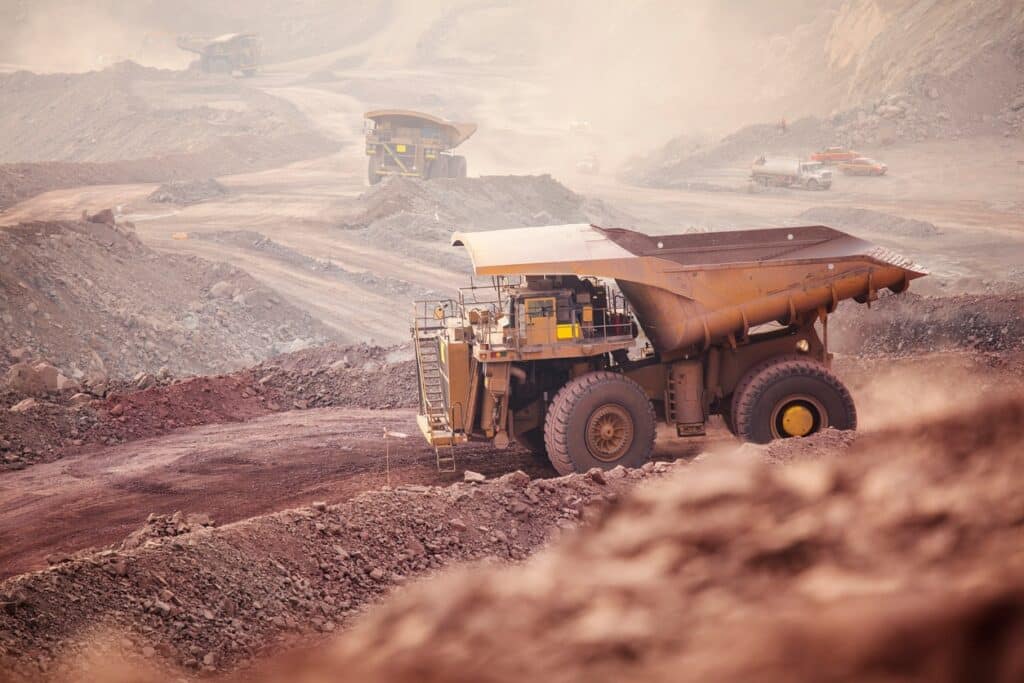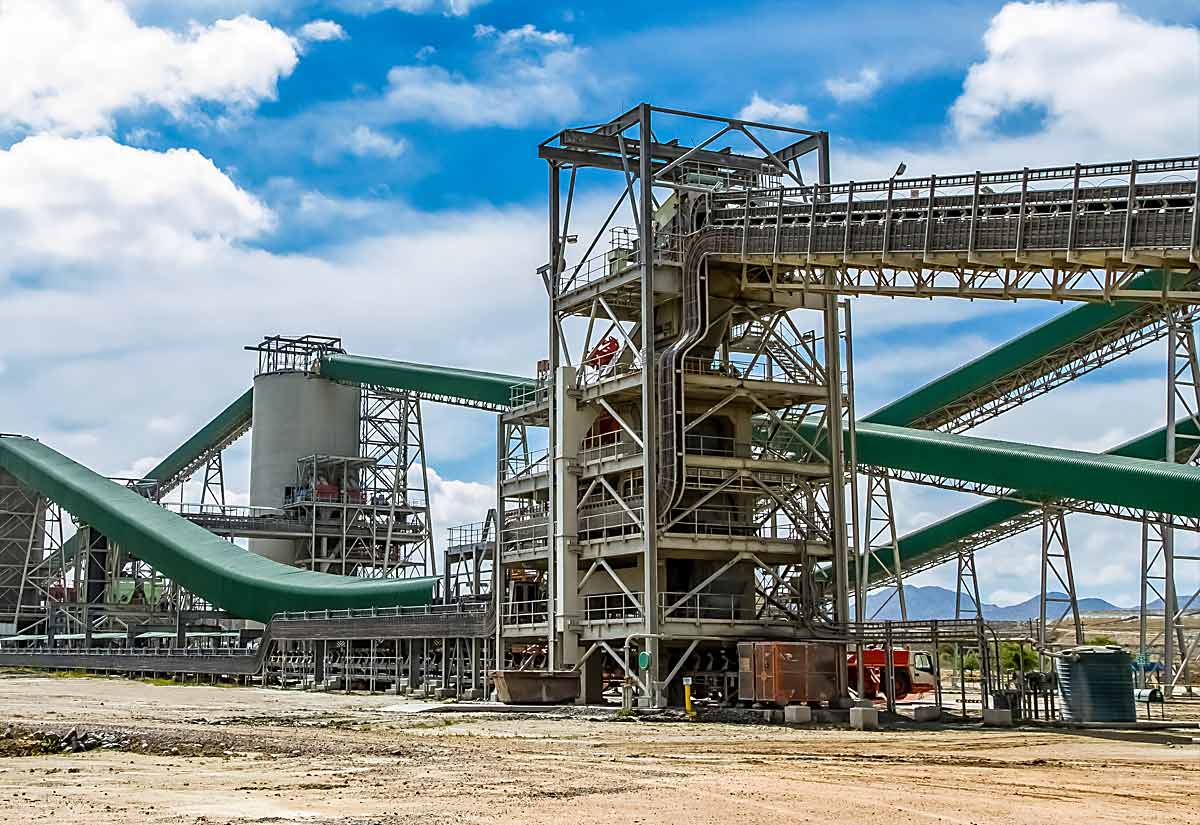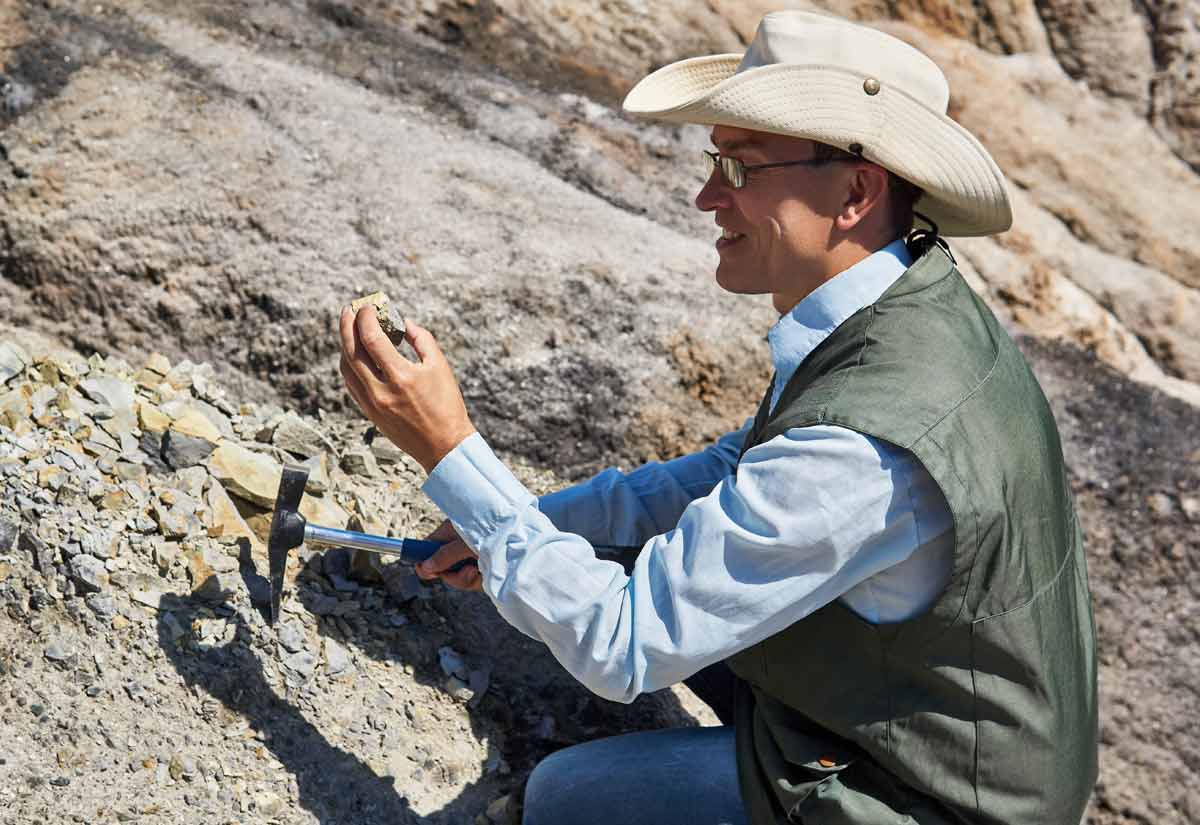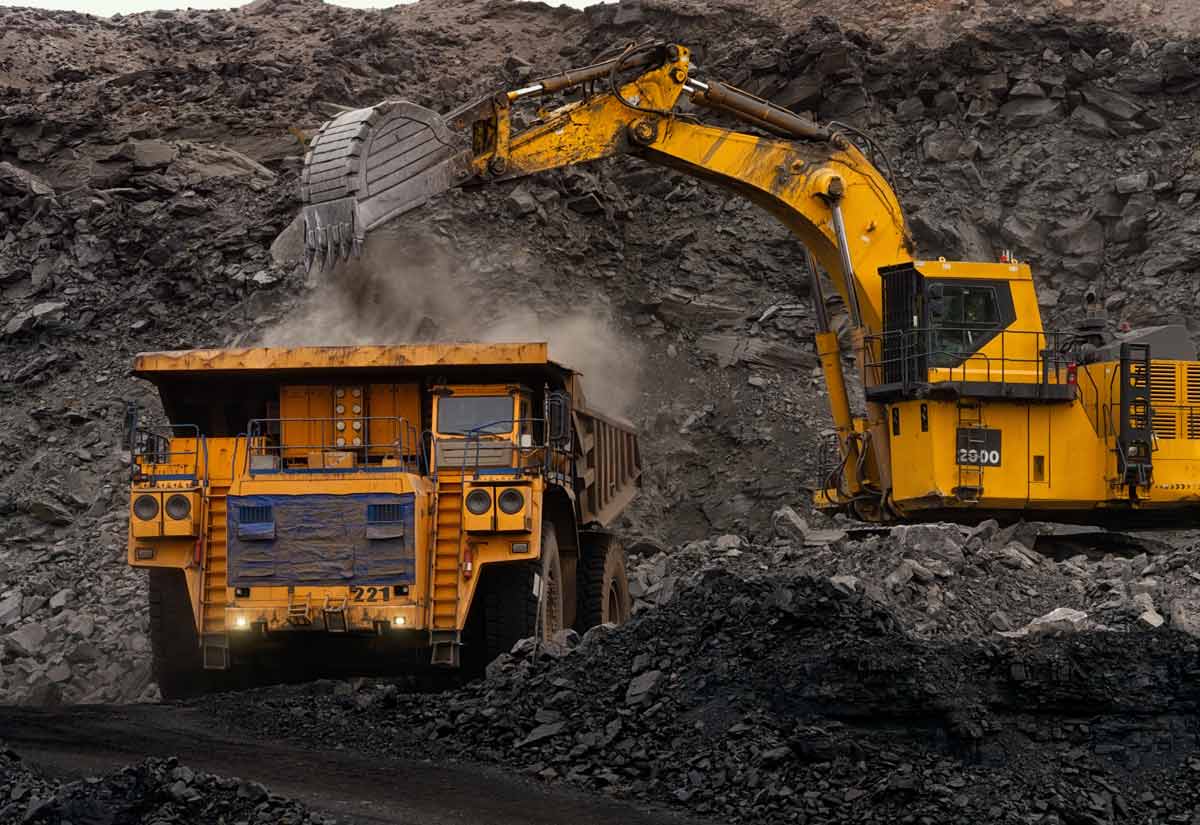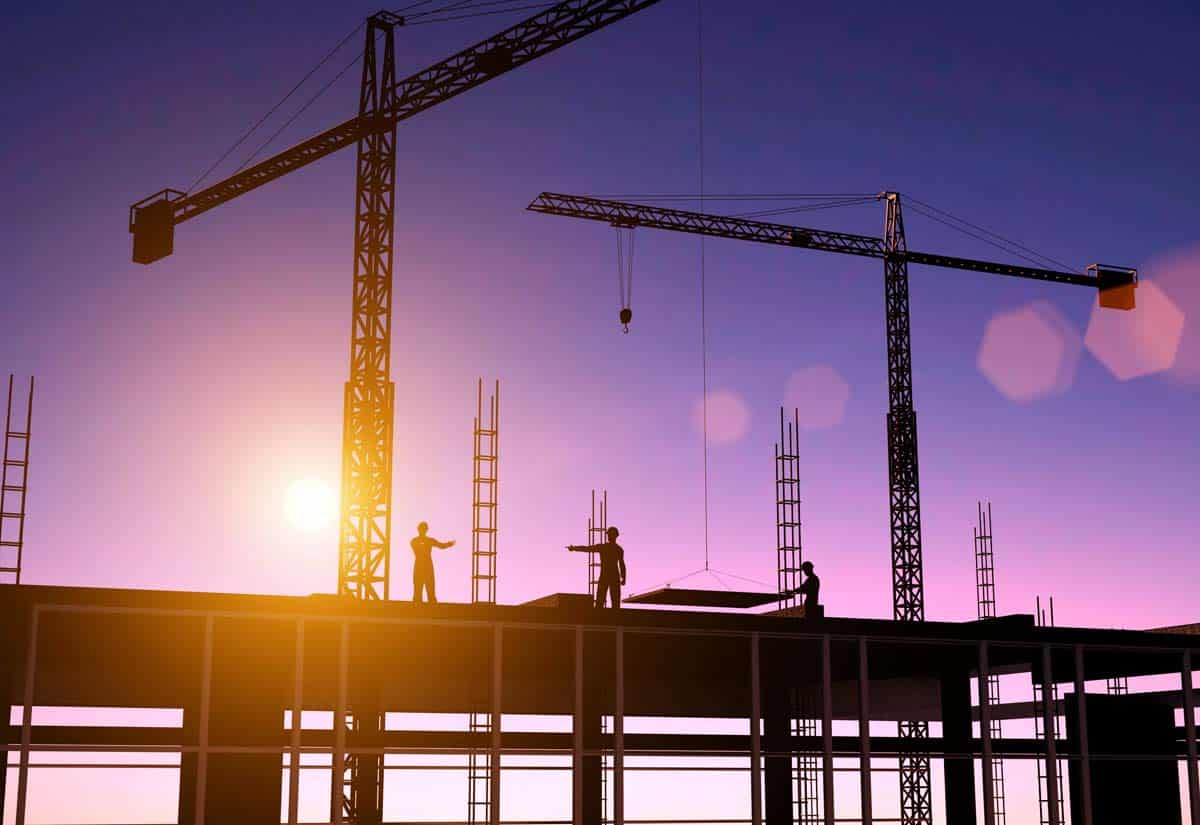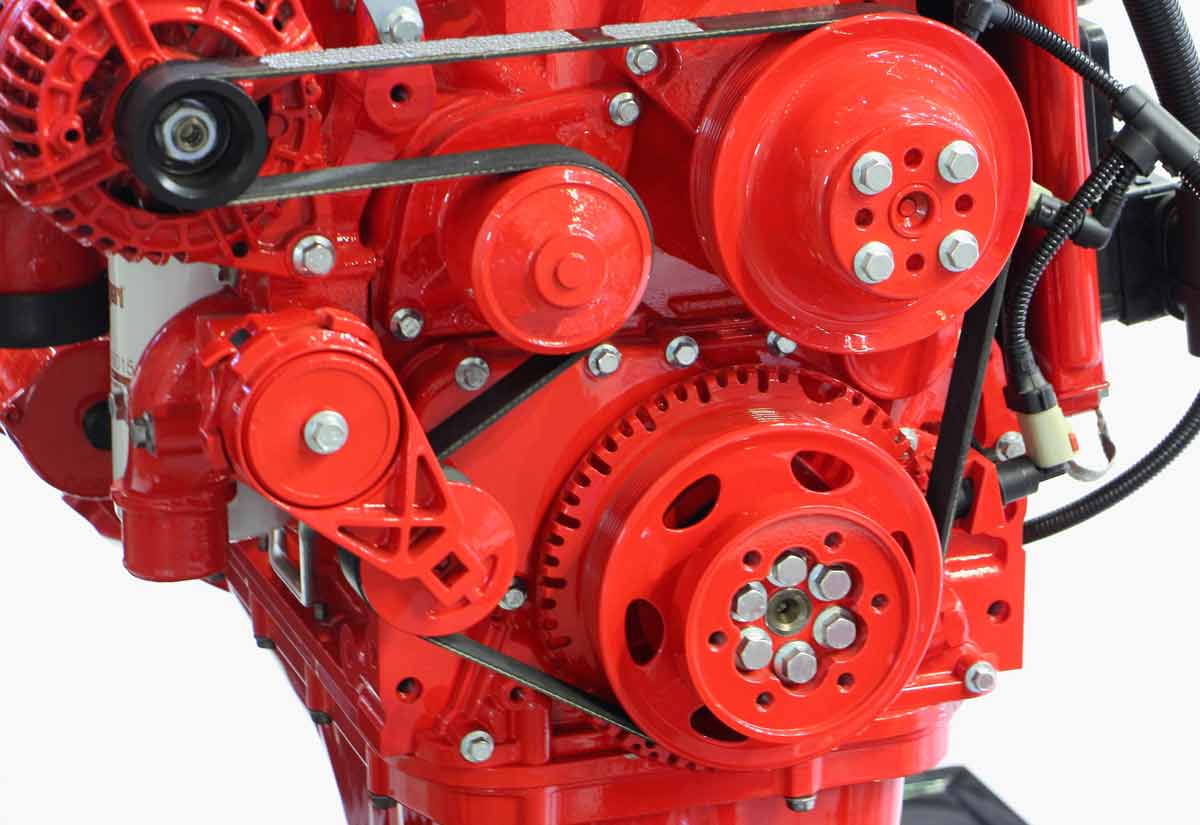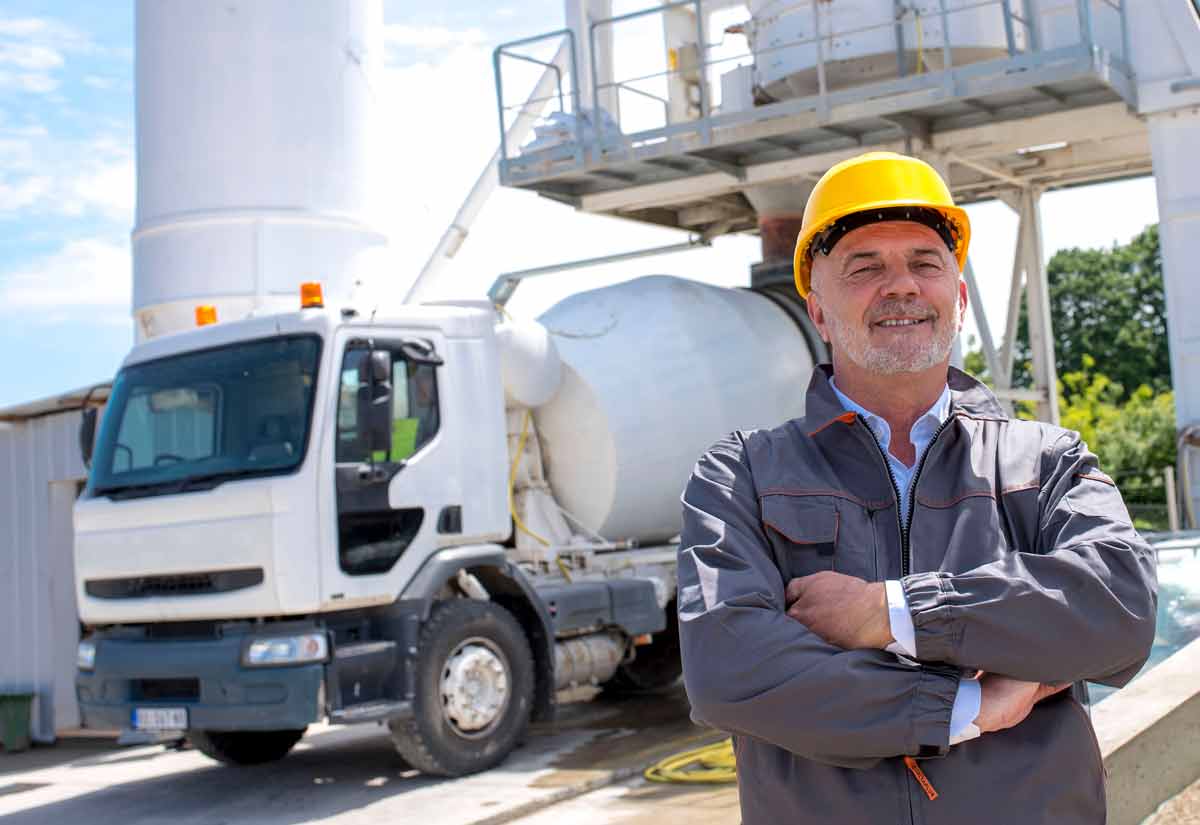Goodbye Mining Moratorium, Hello Prosperity
With the December repeal of Wisconsin’s notorious “mining moratorium” law, the mining industry which inspired “the Badger State” moniker is set to reclaim its economic legacy. Precious metal mining in Wisconsin is poised to make a comeback and reinvigorate the state’s economy after Governor Scott Walker signed a bill authored by Wisconsin State Senator Tommy Tiffany last year.
The moratorium law was a boondoggle of legal obstruction, with preconditions which came to be ridiculed as the “Prove it first” clause, requiring any company applying for a mining permit to prove that a “similar mine” has operated for a minimum of 10 years and closed for 10 years without polluting groundwater or surface water.
State senator Tom Tiffany laid out his opposition to the law for the Green Bay Press-Gazette in January of 2017.
The senator pointed to the reclaimed Flambeau Mine in Ladysmith, Wisconsin, which was able to successfully purify surface area drainage by pumping water through a treatment plant. Any potential for long-term acid rock drainage (ARD) was alleviated with 30,000 tons of neutralizing limestone backfill after the Flambeau Mine was closed.
Despite coming under attack by anti-mining activists who attempted to use the Clean Water Act for leverage, the Flambeau Mine was cited by the case’s presiding Judge Barbara Crabb who concluded that “efforts to protect the environment during its mining operations and reclamation effort were exemplary and deserve commendation, not penalties.”
Ending the moratorium opens the gate which has locked Wisconsin out of a potential multi-billion dollar industry in the Badger state, as Tiffany stated in an interview with NBC26. The Republican legislator based his numbers on reports from economic geologists who forecast billions in recoverable minerals in Wisconsin which are so crucial to our 21st-century society, as well as to provide the essentials for any future “green” infrastructure.
How Essential is Mining?
27,416 pounds of iron ore, 978 pounds of copper, 521 pounds of zinc, and 1.8 ounces of gold will be required for the average American consumer to maintain the current standard of living throughout a lifetime, according to this report at Minerals Make Life.
We’re not talking about luxury items here. Appliances, cars and the parts to keep them rolling, farm tractors and equipment, and even new green technologies such as wind turbines and electric vehicles all require minerals and metals which can only be liberated by concentrated, efficient, mining operations. When well-intended but short-sighted environmental activism runs amok, as it did with the Wisconsin mining moratorium, the nation as a whole pays the price.
Mining and the Resurgence of American Manufacturing
US Manufacturing executives are anticipating continued growth at an increase of 6.6% with production capacity rising by 5% and total capital expenditures up by 10%. When mining policies break down and inhibit the precious metals and mineral supplies, manufacturers are forced into import reliance.
Thankfully, the US Dept. of the Interior has taken the first steps to carry out a 2017 presidential order to boost domestic production of 35 minerals to reduce reliance on imports, as Reuters reported last February. The list includes:
Aluminum (bauxite), antimony, arsenic, barite, beryllium, bismuth, cesium, chromium, cobalt, fluorspar, gallium, germanium, graphite (natural), hafnium, helium, indium, lithium, magnesium, manganese, niobium, platinum group metals, potash, rare earth elements group, rhenium, rubidium, scandium, strontium, tantalum, tellurium, tin, titanium, tungsten, uranium, vanadium, and zirconium.
Mining and The Trump Bump
For those of us associated with the US mining industry, it’s time to roll up our sleeves and get the shovels in the dirt. Willows Towers Watson, a leading broker and global market solutions company, reports on “The Trump Bump,” which threw a much needed regulatory life ring to an industry which was in crisis as recently as 2015.
As the mining industry capitalizes on stable balance sheets, fast-track permit applications to expand operations, and streamlined environmental review processes, opportunities for growth have never been more abundant.
About Resource Erectors
At Resource Erectors we specialize in matching qualified professional talent with the top American companies in the mining industry, as well as civil construction, engineering, and manufacturing. If you’re a mining professional we have positions available for senior engineers, vice presidents of business development, and minerals processing in locations ranging across the nation from Wisconsin to Missouri to Florida.
When you’re ready to make a career move or build a qualified team of professionals for your next industrial operation don’t hesitate to contact us.
